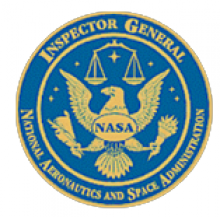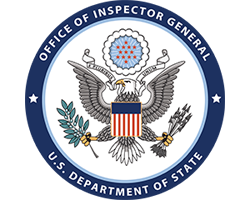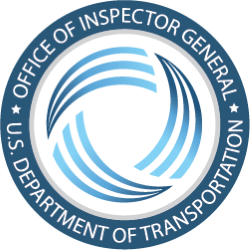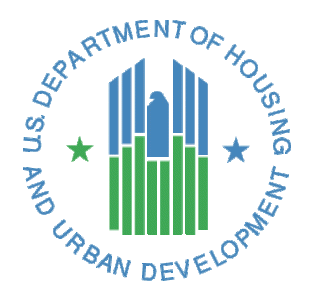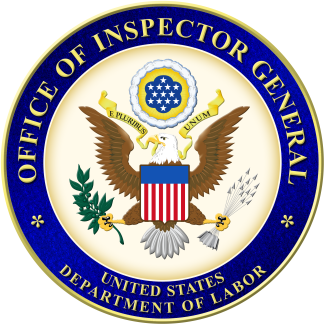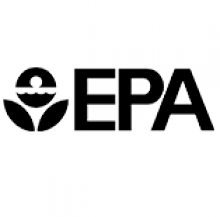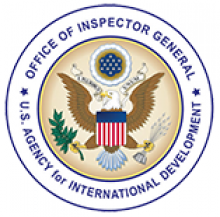We contracted with the independent public accounting firm Ernst & Young LLP to audit NASA’s fiscal year 2023 financial statements. For the 13th year in a row, this audit resulted in a “clean” or unmodified opinion.
| Report Date | Agency Reviewed / Investigated | Report Title | Type | Location | |
|---|---|---|---|---|---|
| National Aeronautics and Space Administration | Audit of NASA’s Fiscal Year 2023 Financial Statements | Review | Agency-Wide | View Report | |
| Department of State | Independent Auditor's Report on the U.S. Department of State FY 2023 and FY 2022 Financial Statements | Audit | Agency-Wide | View Report | |
| Department of Transportation | Quality Control Review on the Independent Auditor's Report on the Department of Transportation's Audited Consolidated Financial Statements for Fiscal Years 2023 and 2022 | Audit | Agency-Wide | View Report | |
| Department of Housing and Urban Development | Audit of the U.S Department of Housing and Urban Development’s Fiscal Years 2024 and 2023 Financial Statements | Audit | Agency-Wide | View Report | |
| Department of Labor | FY 2023 Independent Auditors' Report on DOL's Consolidated Financial Statements | Audit | Agency-Wide | View Report | |
| Environmental Protection Agency | Audit of the EPA’s Fiscal Years 2023 and 2022 (Restated) Consolidated Financial Statements | Audit | Agency-Wide | View Report | |
| U.S. Agency for International Development | Single Audit of ACDI/VOCA and Affiliates for the Year Ended December 31, 2019 | Other |
|
View Report | |
| U.S. Agency for International Development | Financial Audit of USAID Resources Managed by Nonviolent Peaceforce Under Multiple Awards, January 1 to December 31, 2020 | Other |
|
View Report | |
| U.S. Agency for International Development | Audit of USAID's Financial Statements for Fiscal Years 2023 and 2022 | Audit |
|
View Report | |
| U.S. African Development Foundation | Audit of USADF's Financial Statements for Fiscal Years 2023 and 2022 | Audit |
|
View Report | |


